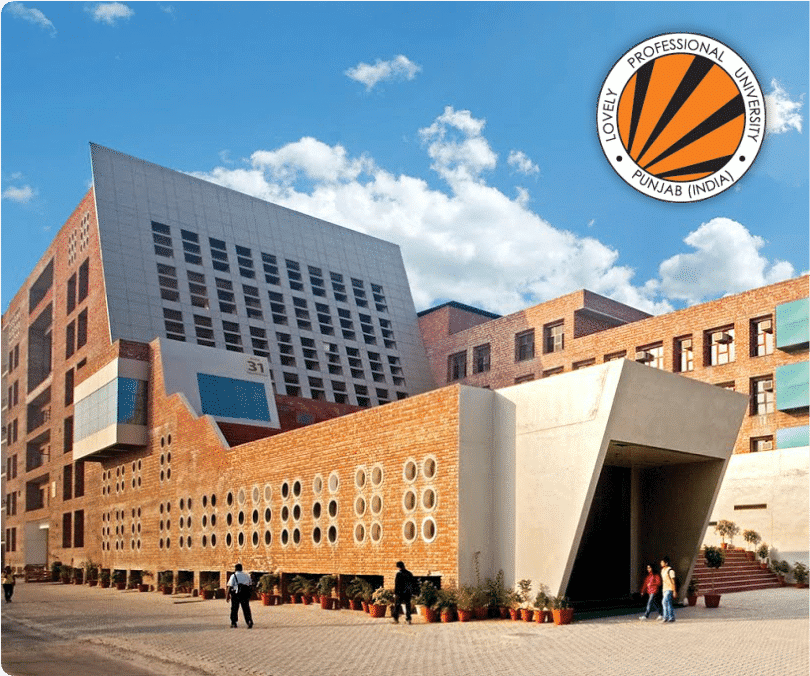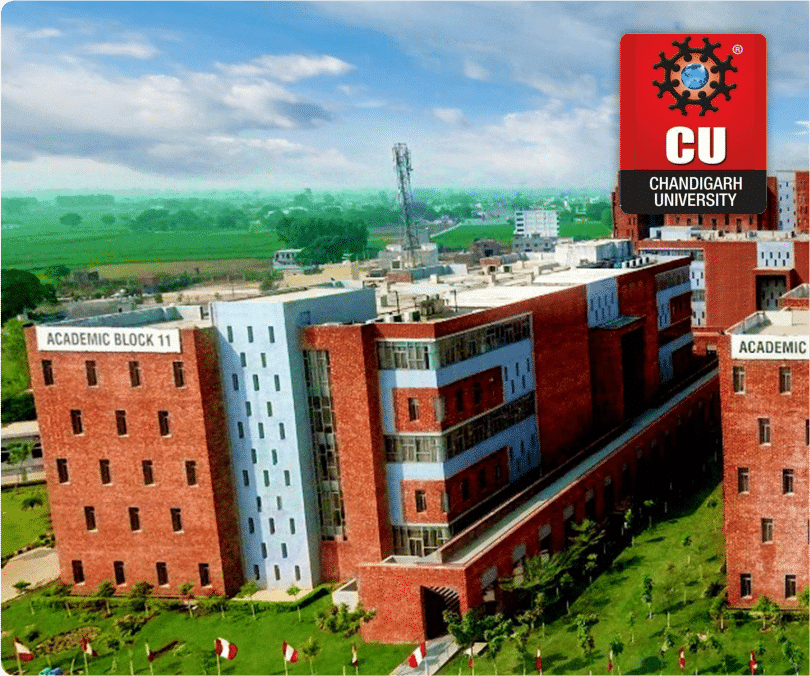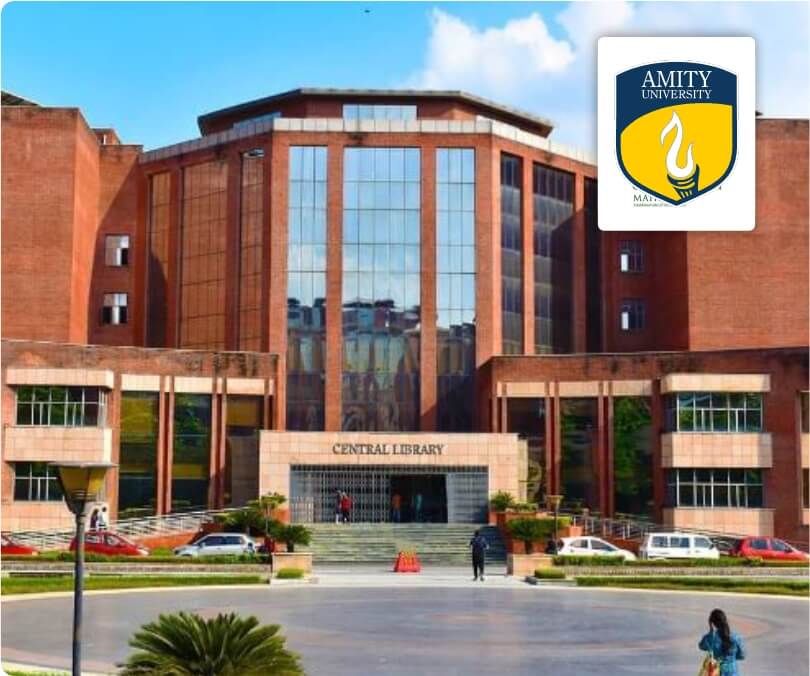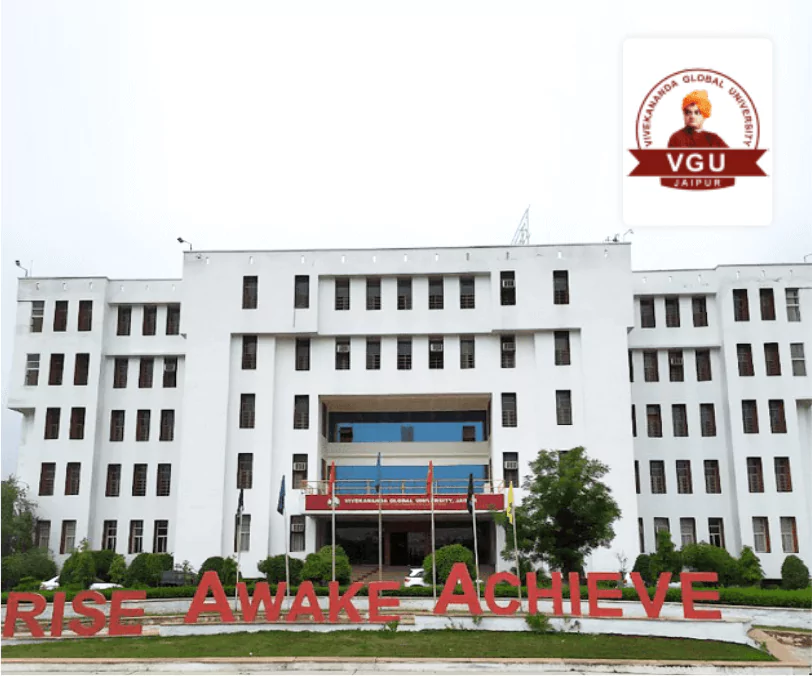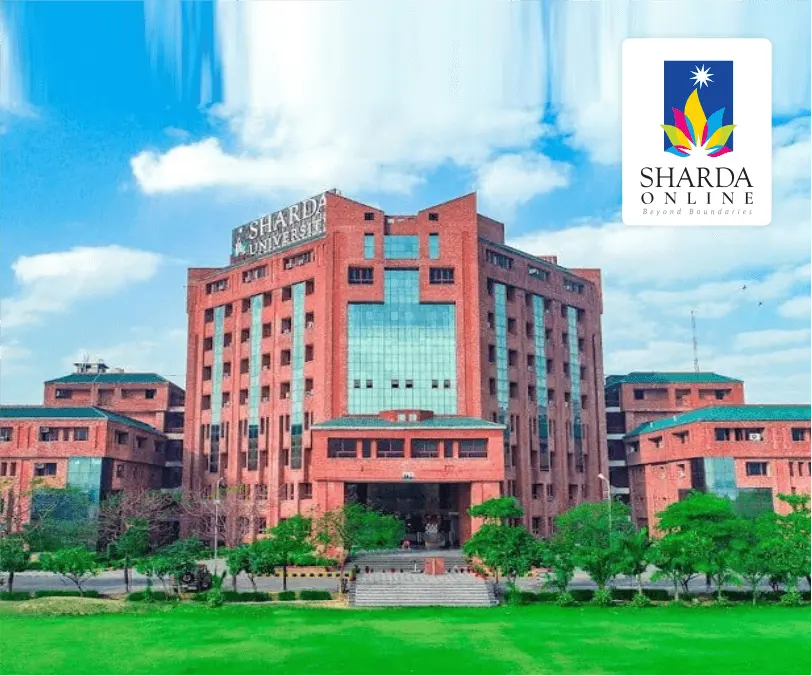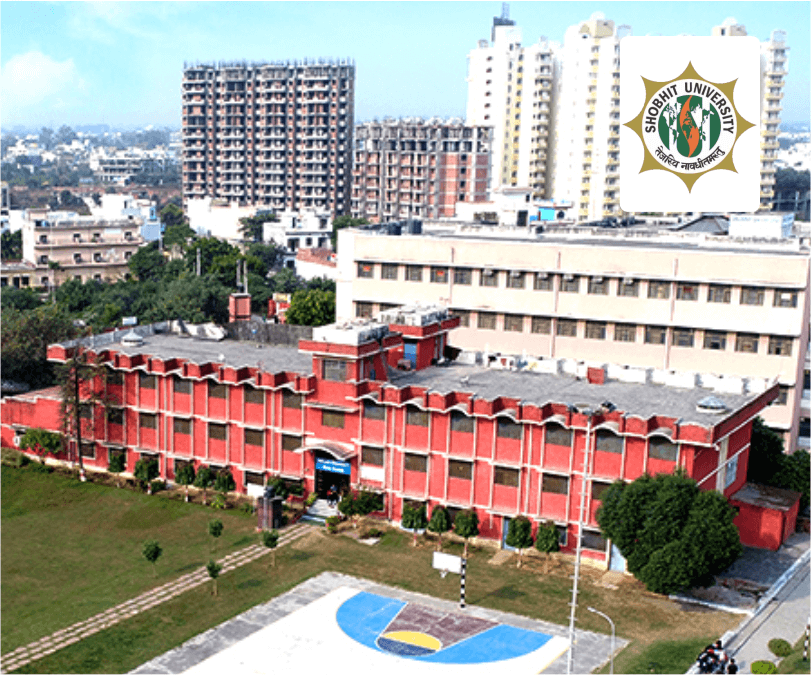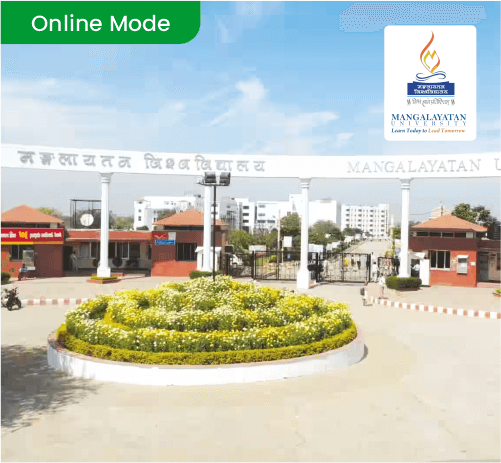
How to Become a Supply Chain Manager in 2026
A supply chain manager plays a key role in businesses today. They manage supply chain activities to keep operations smooth. In 2026, companies will need skilled professionals in logistics supply chain management to lower costs and improve efficiency.
A good understanding of supplier relationship management is important for success. Businesses depend on strong supply chain strategies to maintain steady production and timely delivery. As global trade expands, supply chain activities continue to change quickly.
To build a career in logistics supply chain management, candidates must develop both technical and leadership skills. Qualifications in supply chain management or a similar field build a strong base for a successful career. Learning supplier relationship management helps professionals negotiate better deals and minimise risks.
Companies invest in logistics supply chain management to remain competitive. Gaining expertise in supply chain activities and keeping up with industry trends can help professionals grow in their careers. In this blog, we will explore how to become a supply chain manager in 2026. It includes responsibilities, qualifications, skills, and future scope.
What is Supply Chain Management
Supply chain management handles the flow of goods, services, and information. It includes supply chain activities like procurement, production, and distribution. Businesses rely on logistics supply chain management to improve efficiency and reduce costs.
A well-managed supply chain ensures timely delivery and smooth operations. Companies focus on supplier relationship management to build strong partnerships. Effective supply chain activities help businesses maintain steady production.
Logistics supply chain management involves transportation, warehousing, and inventory control. Companies optimise supply chain operations using technology and data analysis. Strong supplier relationship management reduces risks and improves collaboration.
A modern supply chain adapts to market demands. Businesses must upgrade logistics supply chain management to stay competitive. Professionals in supply chain activities handle procurement, inventory, and supplier coordination. Mastering supply chain strategies leads to career growth.
Who is the Supply Chain Manager
A supply chain manager oversees the entire supply chain activities from sourcing raw materials to distribution of final products. They ensure smooth operations in logistics supply chain management by managing procurement, inventory, and distribution.
Their role includes supplier relationship management helping businesses maintain strong vendor partnerships. A successful supply chain manager optimises costs, reduces delays, and improves efficiency.
In logistics supply chain management, they coordinate transportation, warehousing, and demand forecasting. They monitor supply chain activities to ensure timely product delivery. A strong supplier relationship management strategy helps in better negotiations and risk reduction.
A supply chain manager uses technology and data to streamline operations. Businesses rely on them for efficient supply chain activities and smooth logistics. Mastering logistics supply chain management is essential for success in this field. A well-trained supply chain manager improves overall business performance and customer satisfaction.
What are The Responsibilities of a Supply Chain Manager
A supply chain manager plays a key role in business operations. They handle supply chain activities such as purchasing materials, managing inventory, and coordinating logistics. The main task is to ensure smooth operations and cost reduction. Strong supplier relationship management helps keep the supply process stable and efficient.
Here are the major tasks and responsibilities of a Supply Chain Manager:
- Manage Supply Chain Activities – Supervise buying, production, and delivery to improve efficiency.
- Handle Supplier Relationships – Build and maintain good vendor connections for better pricing.
- Oversee Logistics Supply Chain – Manage transport, storage, and inventory effectively.
- Reduce Costs – Apply strategies to cut waste and lower expenses.
- Plan Demand – Predict supply needs to avoid shortages or excess stock.
- Optimise Processes – Use technology to make supply chain operations better.
- Ensure Compliance – Follow regulations and safety rules in supply chain processes.
- Manage Risks – Identify and solve possible supply chain issues.
A supply chain manager ensures businesses operate smoothly. Mastering logistics supply chain management and supplier relationship management is essential for career growth. Strong knowledge of supply chain activities helps in improving business efficiency.
How to Become a Supply Chain Manager in 2026
A supply chain manager plays an essential part in business operations. In 2026, companies will need skilled professionals in supply chain activities and logistics supply chain management to optimise costs and efficiency. To enter this field, you must meet specific qualifications, develop key skills, and gain industry experience.
Qualifications and Courses to Become a Supply Chain Manager
To become a supply chain manager, you need a degree in logistics, operations, or business management. Focusing on supplier relationship management gives you an advantage. Here are some popular degree and certification courses:
| Degree Programs | Certification & Short-Term Courses |
|---|---|
| BBA in Logistics & Supply Chain Management | Certified Supply Chain Professional (CSCP) – APICS |
| BSc in Supply Chain & Operations | Certified in Logistics, Transportation, and Distribution (CLTD) – APICS |
| MBA in Supply Chain Management | Lean Six Sigma for Supply Chain Management |
| MBA in Logistics & Transportation | SAP SCM Certification |
| PG Diploma in Supply Chain & Logistics | Diploma in Logistics & Supply Chain Activities |
| PG Diploma in Supplier Relationship Management | Certificate in Warehouse & Inventory Management |
| MSc in Supply Chain & Procurement |
Top 10 Online and Distance Universities for Supply Chain Courses
| University | Course Offered | Mode |
|---|---|---|
| IGNOU | MBA in Supply Chain Management | Distance |
| Symbiosis Centre for Distance Learning | PG Diploma in Logistics Supply Chain Management | Online |
| Amity University | MBA in Supply Chain & Logistics | Online |
| NMIMS Global | Executive MBA in Supply Chain Activities | Online |
| UPES | MBA in Logistics Supply Chain Management | Online |
| IIM Kozhikode | Certificate in Supply Chain & Operations | Online |
| IIT Delhi | Advanced Certification in Supplier Relationship Management | Online |
| Chandigarh University | BBA in Supply Chain & Logistics | Distance |
| Manipal University | PG Diploma in Supply Chain Activities | Online |
| Lovely Professional University | MBA in Logistics Supply Chain Management | Distance |
Skills Required for a Supply Chain Manager
You must develop these essential skills to succeed in supply chain management. Here are some of the important skills you require to excel in supply chain management:
- Manage Supplier Relationships – Negotiate contracts and maintain good relationships with vendors.
- Handle Logistics Supply Chain – Manage inventory, transportation, and product delivery.
- Analyse Data and Forecast Demand – Use insights to improve supply chain activities and planning.
- Identify and Manage Risks – Detect and fix issues that may disrupt the supply chain.
- Use Technology Efficiently – Work with ERP, AI, and automation tools for smooth supply chain operations.
- Solve Problems and Make Decisions – Handle logistics challenges quickly and effectively.
With the right qualifications, certifications, and skills, anyone can build a career in supply chain management in 2026.
Related Job Roles and Expected Salary
A career in supply chain management provides many job opportunities in different industries. People with skills in supplier relationship management and supply chain activities can get high-paying jobs. Companies that focus on logistics supply chain management need experts to improve buying, inventory, and delivery processes. Below are some of the top job roles, salary expectations, and major recruiters.
| Job Role | Expected Salary (Rs. per annum) | Top Recruiters |
|---|---|---|
| Supply Chain Manager | Rs. 12-18 LPA | Amazon, Flipkart, Tata Motors |
| Logistics Manager | Rs. 10-15 LPA | DHL, Blue Dart, FedEx |
| Procurement Manager | Rs. 9-14 LPA | Reliance, Infosys, IBM |
| Warehouse Manager | Rs. 8-12 LPA | BigBasket, Grofers, Zomato |
| Inventory Control Manager | Rs. 7-10 LPA | Walmart, Nestlé, ITC |
| Operations Manager | Rs. 10-16 LPA | Accenture, Wipro, HUL |
| Transportation Manager | Rs. 9-14 LPA | Maersk, GATI, VRL Logistics |
| Supplier Relationship Manager | Rs. 8-13 LPA | Siemens, Larsen & Toubro, Maruti Suzuki |
| Demand Planner | Rs. 7-12 LPA | PepsiCo, Coca-Cola, Britannia |
| E-commerce Supply Chain Specialist | Rs. 8-14 LPA | Myntra, Meesho, Nykaa |
Professionals in logistics supply chain management can advance into leadership roles with experience.
Specialising in supply chain activities and supplier relationship management improves career growth.
Future Scope of a Supply Chain Manager
The supply chain management field is growing with new technology, automation, and eco-friendly practices. Companies focus on logistics supply chain management to work faster and cut costs. Professionals in supply chain activities and supplier relationship management will have a great scope to advance their careers in 2026.
Key future trends in supply chain management:
- AI and Machine Learning – Automating supply chain activities for better results.
- Blockchain Technology – Enhancing transparency in supplier relationship management.
- Green Logistics – Promoting sustainability in logistics supply chain management.
- E-commerce Growth – Increasing demand for fast and efficient supply chain processes.
- Robotics & Automation – Transforming warehousing and distribution in logistics supply chain management.
Companies look for skilled professionals to improve supply chain activities. People who learn supplier relationship management and use modern technology will have great job opportunities. The future of supply chain management is very bright. It will bring new ideas, better efficiency, and well-paying jobs.
Conclusion
Supply chain management is a high-demand career in 2026. Businesses rely on logistics supply chain management to streamline operations. Professionals with expertise in supplier relationship management and supply chain activities have excellent job prospects.
A degree in supply chain or a certification in logistics supply chain management can assist you get top jobs. Important skills like problem-solving, data analysis, and automation are necessary.
The future of supply chain activities will focus on AI, blockchain, and eco-friendly logistics. With the right education and skills, you can establish a strong career in supply chain management and find high-paying job opportunities.
Most Popular Blogs

Online BCA Courses in Jain University Online

Distance Education at Pondicherry University

Top 4 colleges to pursue Distance BBA in Andhra Pradesh

What are the top distance BSc colleges in Kerala

Know about the top 3 distance BCom universities in Madhya Pradesh



